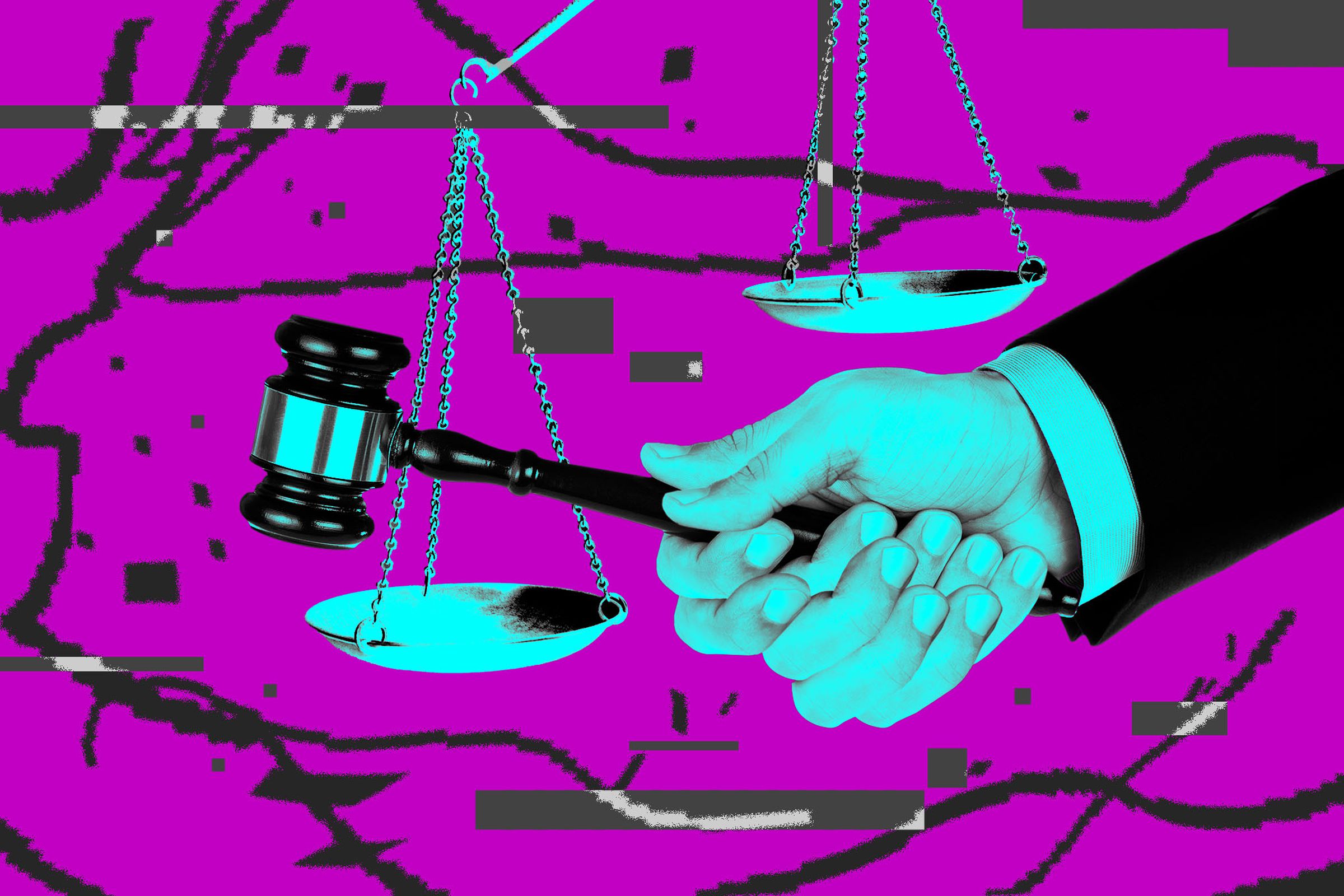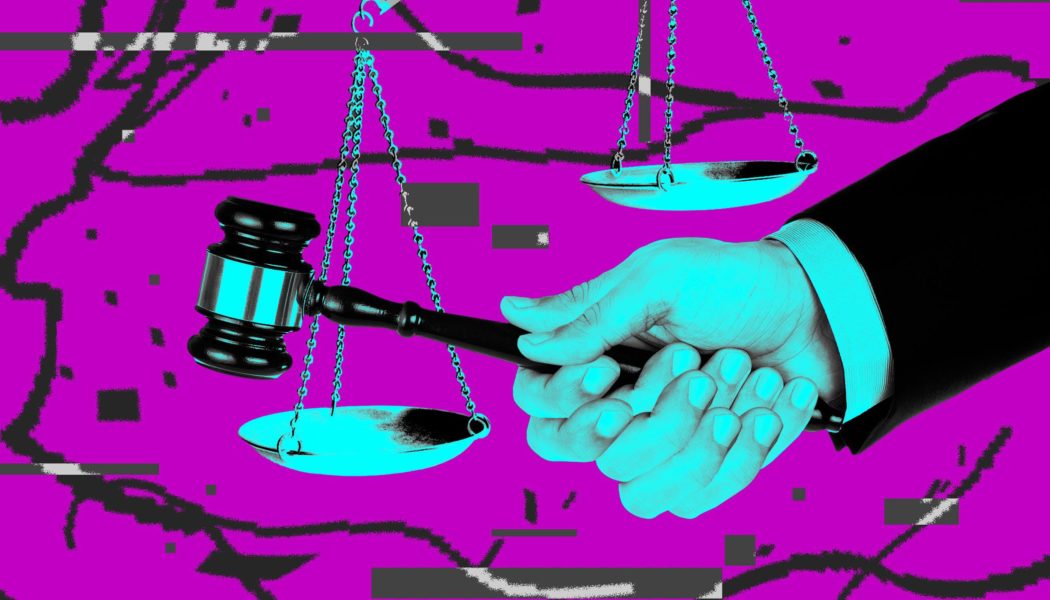The COPIED Act seeks to protect journalists and artists from having their work used by AI models without their consent.
Share this story

A bipartisan group of senators introduced a new bill to make it easier to authenticate and detect artificial intelligence-generated content and protect journalists and artists from having their work gobbled up by AI models without their permission.
The Content Origin Protection and Integrity from Edited and Deepfaked Media Act (COPIED Act) would direct the National Institute of Standards and Technology (NIST) to create standards and guidelines that help prove the origin of content and detect synthetic content, like through watermarking. It also directs the agency to create security measures to prevent tampering and requires AI tools for creative or journalistic content to let users attach information about their origin and prohibit that information from being removed. Under the bill, such content also could not be used to train AI models.
Content owners, including broadcasters, artists, and newspapers, could sue companies they believe used their materials without permission or tampered with authentication markers. State attorneys general and the Federal Trade Commission could also enforce the bill, which its backers say prohibits anyone from “removing, disabling, or tampering with content provenance information” outside of an exception for some security research purposes.
It’s the latest in a wave of AI-related bills as the Senate has embarked to understand and regulate the technology. Senate Majority Leader Chuck Schumer (D-NY) led an effort to create an AI roadmap for the chamber, but made clear that new laws would be worked out in individual committees. The COPIED Act has the advantage of a powerful committee leader as a sponsor, Senate Commerce Committee Chair Maria Cantwell (D-WA). Senate AI Working Group member Martin Heinrich (D-NM) and Commerce Committee member Marsha Blackburn (R-TN) are also leading the bill.
Several publishing and artists’ groups issued statements applauding the bill’s introduction, including SAG-AFTRA, the Recording Industry Association of America, the News/Media Alliance, and Artist Rights Alliance, among others.
“The capacity of AI to produce stunningly accurate digital representations of performers poses a real and present threat to the economic and reputational well-being and self-determination of our members,” SAG-AFTRA national executive director and chief negotiator Duncan Crabtree-Ireland said in a statement. “We need a fully transparent and accountable supply chain for generative Artificial Intelligence and the content it creates in order to protect everyone’s basic right to control the use of their face, voice, and persona.”








